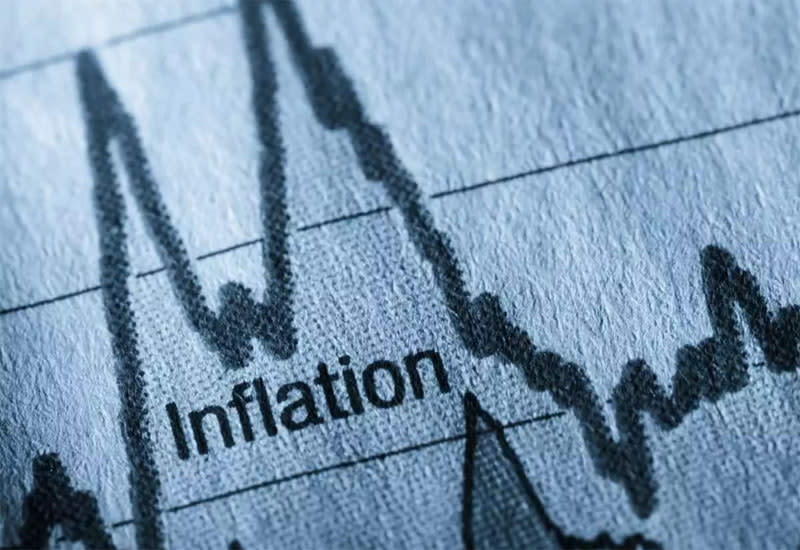KPMG, a global financial advisory service firm, projects that Nigeria’s headline inflation will reach 30% by December 2023. The country’s current headline inflation rate for September is 26.72%. KPMG attributes the projected spike in prices of goods and services to recent reforms in the petroleum industry, such as the removal of fuel subsidies, and the unification of the foreign exchange market.
Key points from the report:
- Inflation Outlook: KPMG anticipates that the current inflationary pressure in the economy will persist into H2 2023. The combined influence of fuel subsidy removal and foreign exchange liberalization is expected to drive headline inflation to about 30% by December 2023.
- Monetary Policy Rate (MPR) Hike Ineffectiveness: The report suggests that the current MPR hike adopted by the central bank in the last 18 months has proven ineffective in curbing the increasing inflationary trend. Instead, addressing issues such as energy and transportation costs, supply chain problems, and boosting local production is seen as more effective than increasing interest rates.
- Impact on GDP Growth: The report projects that Nigeria’s economy will grow by 2.6% in 2023, a reduction from the World Bank’s projection of 2.8%. The recent reforms, including fuel subsidy removal and the unification of the foreign exchange market, are expected to lower GDP growth in the country.
- Macroeconomic Challenges: The report highlights macroeconomic challenges in the first half of the year, including the failed naira redesign policy, weak growth due to low crude oil output, high inflation, fuel subsidy removal, and the devaluation of the naira. These challenges are expected to have negative ripple effects in the second half of the year.
Background:
- Nigeria’s inflation rate has consistently increased for the past nine months, reaching a two-decade high of 26.72% in September.
- Analysts attribute the record inflation levels to fuel subsidy removal and reforms in the currency markets initiated by President Tinubu.
- Transport costs and food prices have nearly doubled, and the naira has weakened by almost 60%, trading at N780 to the USD in the official window.
- With Nigeria relying on food imports to meet national demand, food inflation has increased to 30%, according to the National Bureau of Statistics (NBS).











